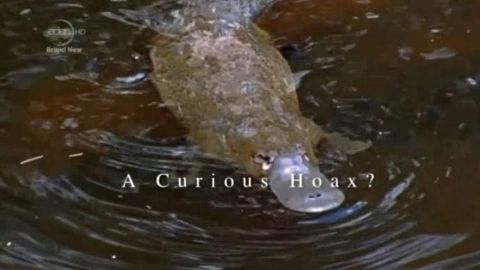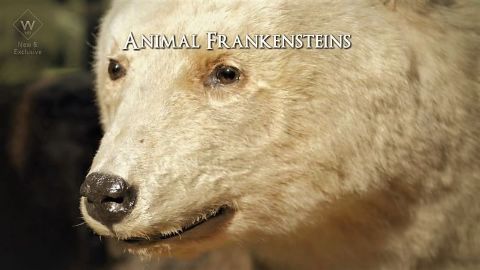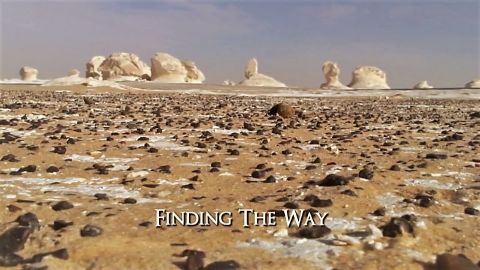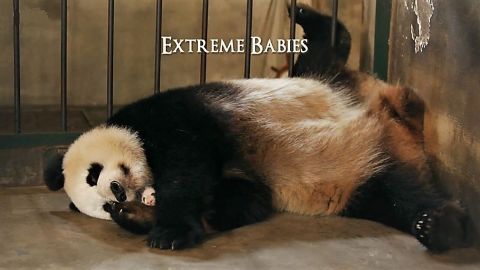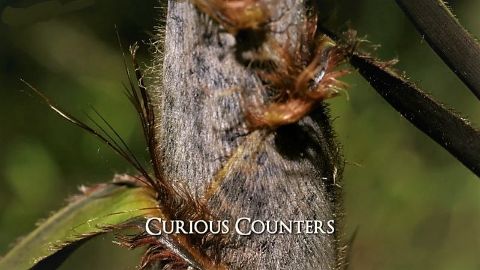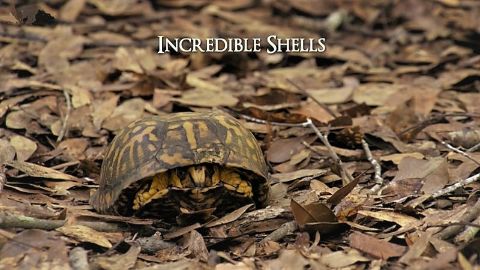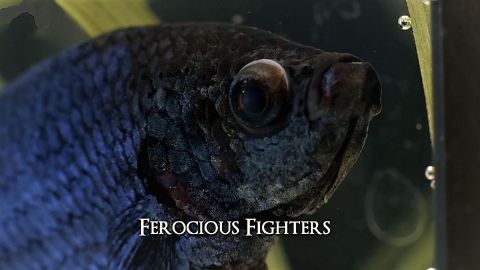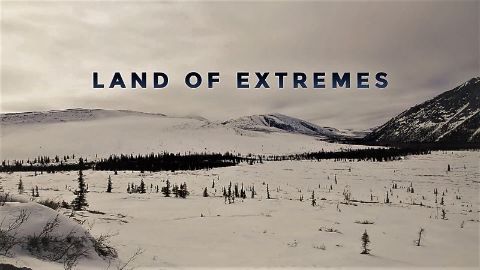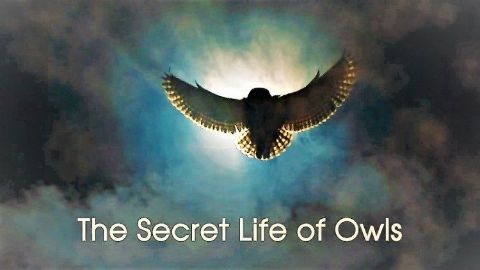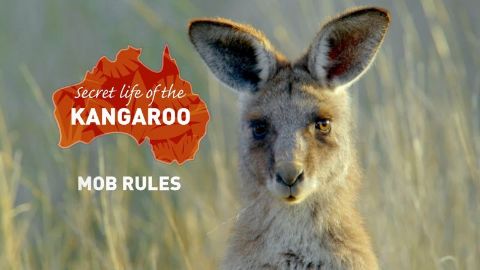A Curious Hoax? • 2013 • episode "S1E2" • Natural Curiosities
David Attenborough highlights the curiosities that have led to accusations of forgery, but have ultimately helped assist the rethinking of evolution. When early explorers brought the first specimen of a duck-billed platypus to England in 1799, it was considered so bizarre it was deemed a hoax. Similarly, the midwife toad became the centre of a scientific storm in the 1920s that led to accusations of fakery.
Make a donation
Buy a brother a hot coffee? Or a cold beer?
Hope you're finding these documentaries fascinating and eye-opening. It's just me, working hard behind the scenes to bring you this enriching content.
Running and maintaining a website like this takes time and resources. That's why I'm reaching out to you. If you appreciate what I do and would like to support my efforts, would you consider "buying me a coffee"?
Donation addresses
BTC: bc1q8ldskxh4x9qnddhcrgcun8rtvddeldm2a07r2v
ETH: 0x5CCAAA1afc5c5D814129d99277dDb5A979672116
With your donation through , you can show your appreciation and help me keep this project going. Every contribution, no matter how small, makes a significant impact. It goes directly towards covering server costs.


















